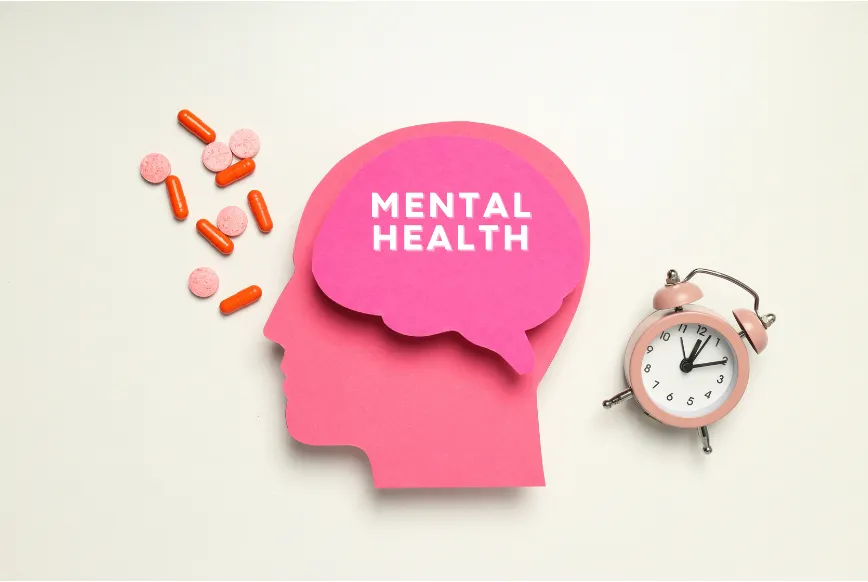Getting It Right at the U.S. Supreme Court
May 16, 2024

A recent study from the University of Pennsylvania’s Annenberg Public Policy Center (APPC) demonstrates that the U.S. Supreme Court, after years of being seen by both Republicans and Democrats as a trusted, nonpartisan institution, has lost a substantial amount of public regard. The public’s view of the Court is increasingly polarized, and since 2019, dwindling numbers of U.S. Americans believe it has the American people’s best interests in mind.
The study found that whereas the Supreme Court was trusted by around 70% of people from 2005 to 2019, that number fell to only 53% by 2023. Moreover, there is a huge divide now between Democrats and Republicans in their estimation of the Court’s trustworthiness, with 72% of Republicans trusting the Court in 2023 compared to only 39% of Democrats and 49% of Independents. The authors of the article ascribe a substantial amount of this mistrust in the Supreme Court to its move to the right, highlighted, they contend, by the 2022 Dobbs decision that overturned the Roe v. Wade protection of the right to abortion. This comes in the context of a general downturn in trust in all institutions, especially government institutions.
On One Issue the Court May Get It Right
There is a good chance, however, that the Supreme Court may override its own political polarization and decide on at least one case in a direction that many of us will applaud. During the pandemic, the federal government became involved in attempting to counteract online misinformation. Whenever significant misinformation about topics like health and elections surfaced online, the Biden Administration took steps to pressure social media companies to remove it from their platforms.
Then, U.S. courts started ruling that such pressure constitutes unconstitutional limitations on free speech. Last September, the U.S. Court of Appeals for the 5th Circuit ruled that several prominent U.S. health officials and agencies, including the Office of the Surgeon General,the Centers for Disease Control and Prevention (CDC), and the FBI, had improperly pressured social media companies to remove misinformation from their platforms. According to a report in the Washington Post, such rulings have had a chilling effect on the government’s efforts to counteract online misinformation. “The U.S. government has stopped warning some social networks about foreign disinformation campaigns on their platforms—reversing a years-long approach,” the Post reported in March.
The government appealed that lower court decision to the Supreme Court, and reports from the court’s deliberation indicate it will reject what the Washington Post called the “Republican-led” effort to limit government interaction with tech companies around misinformation. While we cannot predict when the Supreme Court will issue its final ruling on this case, both liberal and conservative judges seemed uncomfortable with limiting the government’s ability to influence social media companies when matters of public health and fair elections are at stake.
First Amendment Rights Are at Stake
Still, the fact that this issue reached all the way to the Supreme Court tells us that efforts to stop the battle to contain misinformation are likely to continue. Apparently, there is a sentiment that pressuring social media companies to remove anti-vaccination posts, for example, represents a violation of the posters’ First Amendment rights. Individual freedom versus public safety seems to be the conflict here. Does an individual have the right to post a blatantly false statement about a vaccination that is known to prevent serious illness? Right now, for instance, anti-vaccination influencers are attempting to convince the public that mRNA-based Covid-19 vaccines cause cancer. They mistakenly point to the increase in cancer incidence among young people in the U.S. as proof of this, when in fact that increase began before the pandemic. They also seize upon highly technical aspects of the vaccines to make pseudoscientific claims that they contain cancer promoters. Is it their First Amendment right to post such material if it credibly increases vaccine hesitancy and results in more people refusing Covid-19 vaccines? In its defense the federal government has argued that it has free speech rights of its own that permit it to speak up when it detects misinformation and disinformation about topics that affect public health and democracy and to influence social media companies to remove it.
We know that an individual does not have the right to yell “Fire” in a crowded public gathering when there is no fire, but does someone have the right to broadcast the misinformed idea that the MMR (measles, mumps, and rubella) vaccine causes autism? Or that the HPV vaccine, which has dramatically reduced the incidence of cervical cancer, increases sexual promiscuity? Neither of those claims about vaccines is true and both could result in decreased vaccine uptake, disease outbreaks, and serious illness and deaths.
It is important to remember that the federal government has no power to force social media companies to remove false claims from their platforms. So, a second issue here is to decide what constitutes undue influence. If an official from the CDC calls someone at Meta, the company that owns Facebook and Instagram, and asks them to remove something from its platform deemed misinformation, does that constitute “undue influence?”
We firmly take the side that in the battle against health misinformation, the government must do all it legally can to convince social media companies to act in responsible ways. Vaccine effectiveness and safety is not a matter of opinion; it is an established scientific fact. While the government has no authority to force Meta, X, TikTok, or Instagram to remove clearly false information, it should use its bully pulpit to move those companies in the direction of dismissing misinformation from their platforms. We see no violation of anyone’s right to free speech and no undue influence in this. Rather, we believe it is in the best interest of the public’s health and safety, and we hope in this case that the Supreme Court gets it right.
Related Posts

How Not to Write a Health News Story
Posted in Health Communication
We have to do better at writing important health news stories.

What Are the Predominant Myths About SSRIs?: An examination and debunking
Posted in Depression
SSRIs have been in the news lately but not always with accurate information. Here we debunk some of the most common myths.

We Should Celebrate the Advances Vaccine Research Is Making: But Many Aren't
Posted in Health Communication
There are so many reasons to celebrate vaccines lately. So why are so many not partaking?